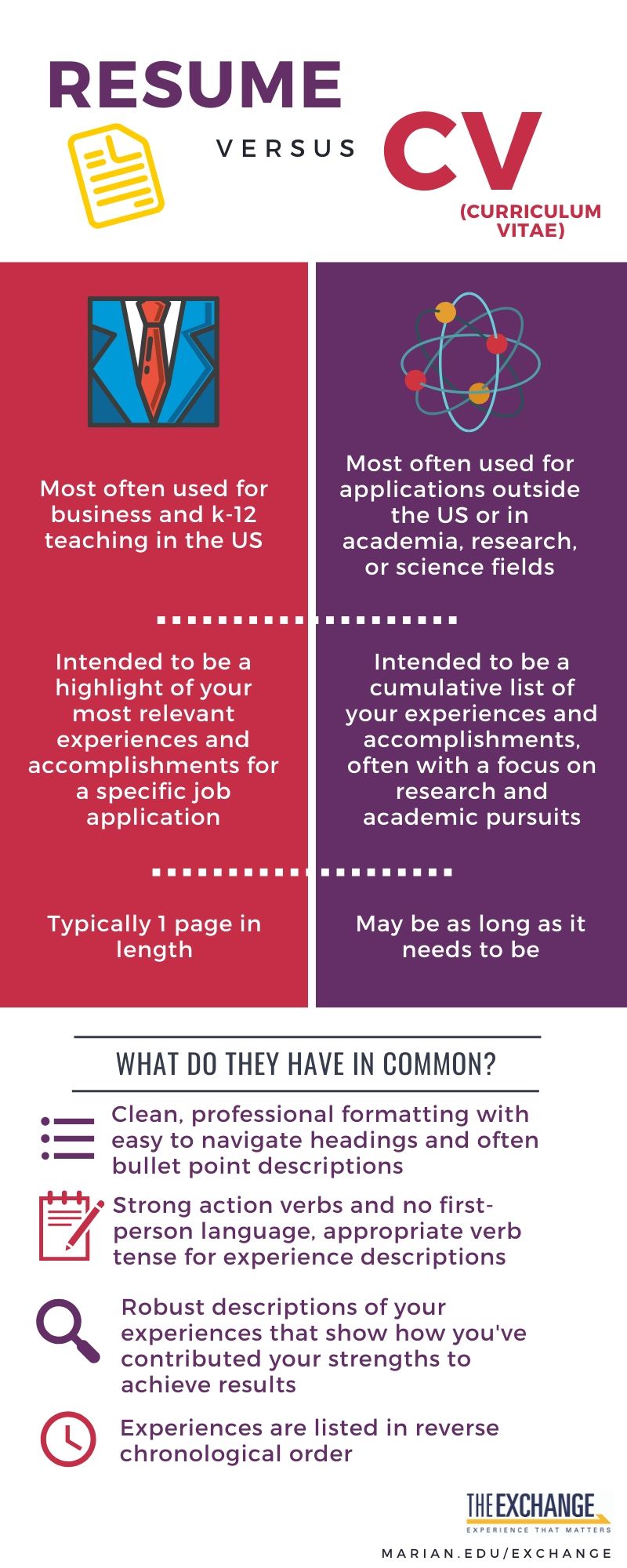- Schedule a Mock Interview
Schedule an appointment with The Exchange for a mock interview in CORE.
- Research the Organization
Thoroughly research the organization you're interviewing with and look up your interviewer(s) on LinkedIn.
- Select an Outfit
Select professional attire for the interview (unless otherwise instructed by your interviewer). Visit our Dress to Impress Closet to take a look at our free, gently used closet of professional clothing.
- Prepare the Proper Documents
Have a padfolio with copies of your resume and notes to utilize during the interview.
- Bring Questions
Bring a list of questions for your interview team, about the job requirements, and workplace experience.
- Arrive Early
Leave extra early and plan to walk in 15 minutes before the interview.
Some employers are unable to meet with applicants in person due to distance or time constraints. Therefore, they call the applicant and have an interview with them over the phone.
Here are some tips on how to make the best of your phone interview:
- Know When to Take the Call
Sometimes the call comes out of the blue, so if there's a number calling that you're unfamiliar with and you're in the middle of something, don't answer. If it's the interviewer, they will leave a voicemail and you can call back at a more appropriate time.
- Focus on your Language and Voice
Remember, they can't see your physical engagement, but they can hear it in your voice if you are smiling and confident. Also, it's easy to ramble a little on the phone, so take a deep breath and relax.
- Be in a Quiet Environment
You don't want background noise or people talking & kids screaming. One great place to set up for a phone interview is in The Exchange. You can reserve a room in our space to ensure a quiet environment.
- Have the Necessary Information Ready
You do not want to keep the interviewer waiting while fumbling around looking for something. This also shows the interviewer that you're prepared and organized.
- Focus
Put away any distractions. Turn off any extra electronics, silence distracting app notifications, and place any unnecessary items out of sight
Below are some recommendations to virtual/video interviews:
Have Suitable Surroundings
- Do not interview in a messy bedroom or where other people are walking around. You can reserve a space in The Exchange to ensure a quiet and well-organized space.
Dress the Part
- Make sure you are dressed the same as if you were interviewing in person
Check your Video and Microphone
- Be sure your microphone and camera are properly working ahead of time, as well as your Internet connection
Have a Back-up Plan
- Technology doesn't always work the way we want it to. Be prepared to have to transition to "Plan B" i.e. a phone interview
Like phone interviews, some employers use Zoom/Webex/Google Meet interviews as opposed to in-person interviews for the reason of convenience. Luckily, unlike phone interviews, the employer is able to see you. This can work to your advantage, but be sure to prepare yourself and your surroundings.
Etiquette is often defined as a code of “polite conduct and proper behavior”. It refers to the rules that indicate the “proper and polite way to behave” so as to avoid offending or annoying other people.
In a job interview, you will basically be selling yourself. By practicing proper job interview etiquette, you will have greater chances of convincing the interviewer to “buy” you and what you have to offer.
10 Ways to Practice Proper Interview Etiquette:
- Show up on time… not late, and not too early (10-15 minutes)
- Before entering the room, turn your cell phone off
- Make eye contact and SMILE
- Be the one to greet first
- Let the interviewer finish speaking before you answer questions
- Pay attention, and take notes
- Bring letters of references, copies of resumes, and samples of work, just in case
- Use proper titles when addressing the interviewer
- Thank the interviewers for their time
Employers are not allowed to ask about aspects of your life/identity that are protected by law: race, color, religion, sex (including pregnancy, gender identity, and sexual orientation), national origin, age (40 or older), disability or genetic information. (Source: EEOC)
For additional reading, check out:

